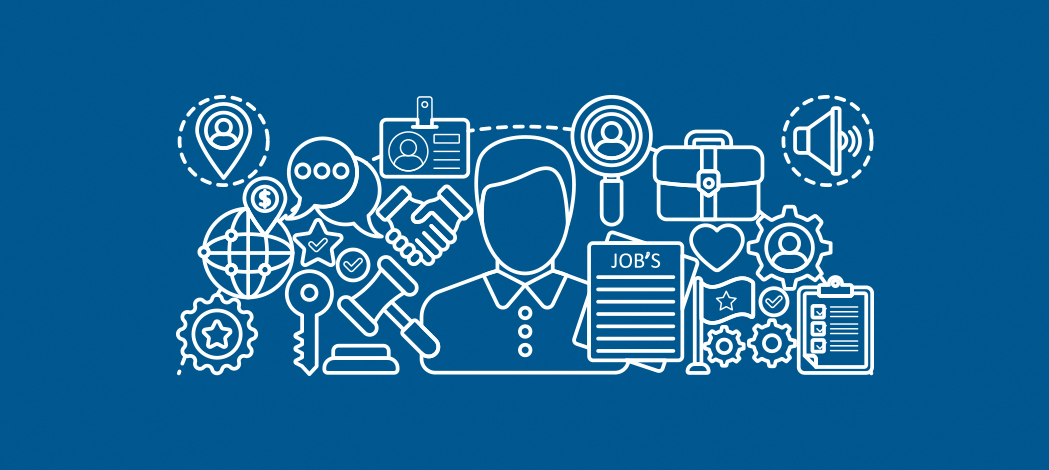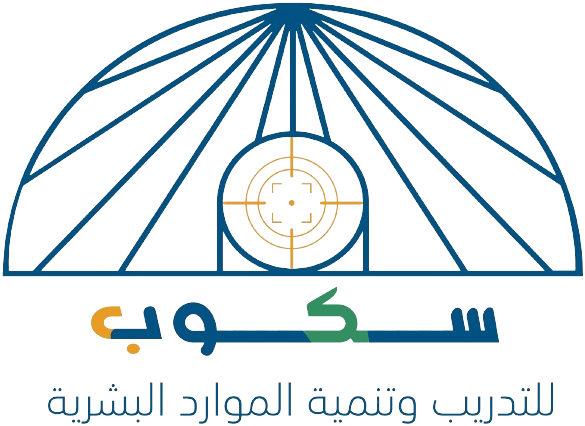
Human Resources Management (HR) Program
About this course
The Human Resources Management (HR) Program is a system used by companies and institutions to manage various aspects of human resources within an organization. The role of the HR officer has become the lifeblood of institutions and companies, bearing the responsibility of managing the most important resource any company possesses: its human resources.
This program aims to teach participants how to facilitate and organize processes related to human resources, such as employee recruitment, performance management, performance evaluation, human resource development, attendance tracking, payroll and benefits management, and other related activities. It is primarily targeted at individuals seeking to work in human resources, those already employed in this field, and small business owners, providing them with the practical and academic expertise needed to succeed in this field. It also aims to enhance the skills and knowledge of HR officers and managers by providing them with specialized expertise.
Quiz & Certificates
About this course
The Human Resources Management (HR) Program aims to:
1- Explain HR functions and tasks in detail, with practical applications of some functions such as recruitment, selection, employee development, salary structuring, and creating training and development plans.
2- Provide a deep understanding of the fundamental principles and theories in human resources management, enabling students to apply these theories in real work contexts.
3- Develop management skills, enhancing students' abilities in areas such as effective communication, problem-solving, decision-making, leadership, teamwork, negotiation, and strategic analysis.
4- Familiarize students with HR management tools, helping them understand various HR management techniques, such as human resources information systems (HRIS), performance evaluation techniques, and training and development programs.
5- Equip students with the ability to analyze and evaluate HR policies and procedures, offering recommendations for overall organizational performance improvement.
6- Educate students on the laws and regulations related to human resources management, such as labor laws, social insurance, taxes, and workers' rights, ensuring legal operation and compliance within the organization.
7- Enhance students' understanding of the importance of diversity and inclusion in the workplace and how to manage and promote inclusivity and diversity within organizations.
8- Provide students with the knowledge and skills needed to offer guidance and career development for employees, including performance evaluation, performance management, and training needs analysis.
9- Enhance students' understanding of job satisfaction factors and how to improve it, including managing employee relations and fostering a positive work environment.
10- Promote the continuous development of human resources and its importance in achieving the organization's goals and sustainable performance improvement.
About this course
The Human Resources Program includes a set of core modules that cover all aspects of human resources management. Here are the key modules covered in the program:
1. Introduction to Human Resources Management:
- Definition and importance of human resources management.
- Roles and responsibilities of the HR manager.
2. Strategic Human Resources Planning:
- Analysis of internal and external environments.
- Developing human resources strategies.
- Change management.
3. Career Planning and Development:
- Career path management.
- Succession planning.
- Leadership development programs.
4. Recruitment and Selection:
- Job analysis and job description preparation.
- Recruitment strategies.
- Selection and hiring process.
5. Employee Training and Development:
- Training needs assessment.
- Designing training and development programs.
- Evaluating training effectiveness.
6. Performance Management:
- Designing a performance evaluation system.
- Providing feedback and motivating employees.
- Managing poor performance.
7. Compensation and Benefits:
- Designing salary and reward systems.
- Managing employee benefits and services.
- Job analysis and evaluation.
8. Employee Relations:
- Labor laws and employee relations.
- Resolving workplace conflicts.
- Work environment and organizational culture.
9. Change Management and Organizational Development:
- Principles of organizational change.
- Tools and methods for change management.
- Implementing and analyzing change effectiveness.
Covering these modules ensures that program participants are equipped to handle various aspects of human resources management effectively and efficiently, in line with the changing demands of the job market.






